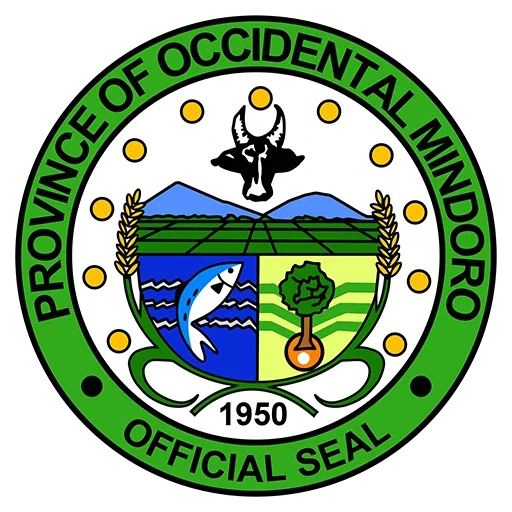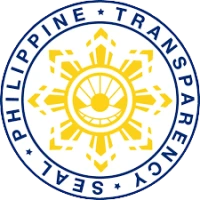The office of the Provincial Agriculturist (OPA) of Occidental Mindoro has been instrumental in advancing the agricultural sector of the province, focusing on improving productivity and supporting farmers and fisherfolk, especially in light of challenges such as climate change and El Niño phenomenon. In 2024, OPA continued to promote various agricultural programs to ensure the sustainability of farming and fisheries, ultimately aiming to enhance food security and the livelihood of local communities.
One of the key programs, the Rice Program, maintained Occidental Mindoro’s position as a significant rice producer in the country. Despite a decline in rice production due to typhoons during the peak harvest season, the program continued to support 36,627 farmers by distributing essential resources such as palay seeds. Similarly, the Corn Program saw a reduction in the harvested area but experienced an increase in yield, reflecting the OPA’s commitment to improving the productivity of local corn farmers through seed distribution and support for Indigenous Peoples involved in corn farming.
The Cassava Program further focused on strengthening food security, particularly for smallholder farmers and Indigenous communities. OPA’s distribution of cassava planting materials aimed to ensure sustainable livelihoods for farmers while promoting cassava as a viable alternative crop. In addition, the High-Value Crops Development Program (HVCDP) successfully supported the growth of crops like onions, garlic, mungbean, and vegetables. Despite challenges from El Niño, the program continued to assist farmers with training and seed distribution, helping to mitigate losses.
OPA’s Fishery Program was another crucial initiative, with a focus on sustainable aquaculture practices. The distribution of seaweed seedlings to local communities highlighted the office’s commitment to enhancing coastal livelihoods and promoting environmentally sustainable practices. Additionally, the Organic Agriculture Program continued to grow, promoting organic farming as a cost-effective method that supports long-term sustainability.
In terms of institutional development, OPA strengthened rural-based organizations such as farmers’ and irrigators’ associations through capacity building activities. The office also conducted a soil analysis program, providing farmers with crucial data to improve crop yields. OPA’s Agri-Business Program monitored market prices and supported food terminals, ensuring stability in the local agricultural market.
The Demo Farms Program, particularly the Murtha Demonstration Farm, served as a learning site for sustainable farming practices. OPA also distributed thousands of fruit and vegetable seedlings to farmers and Indigenous Peoples, fostering food security and resilience against climate change. The Gender and Development (GAD) Program empowered women in rural communities, offering training in post-harvest technology and fish processing to enhance their entrepreneurial skills and income.
OPA’s commitment to agricultural extension was evident through the Provincial-led Agriculture and Fisheries Extension System (PAFES), which provided training on various farming and processing techniques. Additionally, the office conducted a Rapid Damage Assessment and Needs Analysis (RDANA) to evaluate the impact of El Niño on agricultural production and to determine the necessary support for affected farmers.
Finally, the Farm Mechanization Program contributed to the efficiency of local agriculture by distributing modern farming equipment, such as tractors and engines, to farmer associations and cooperatives. This initiative aimed to improve productivity and reduce labor costs, further strengthening the agricultural sector.
Overall, OPA’s programs in 2024 played a crucial role in enhancing the resilience and sustainability of Occidental Mindoro’s agricultural sector. Through these initiatives, OPA supported farmers, fisherfolk, and rural communities in overcoming challenges, while also ensuring the province’s continued development as a key agricultural producer in the Philippines.





